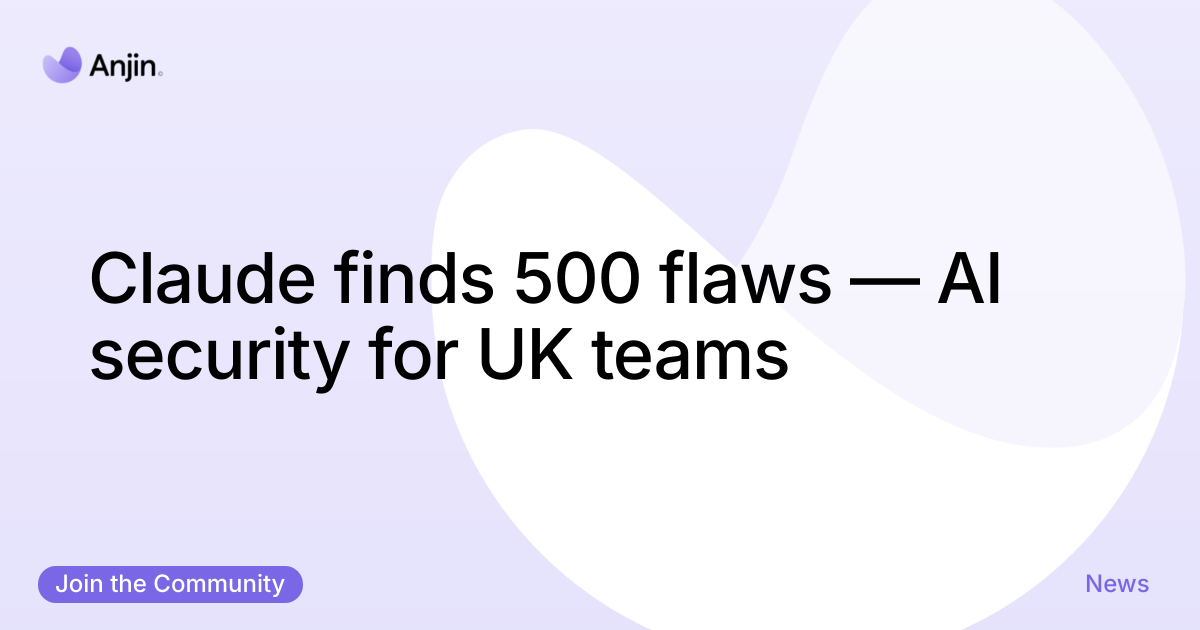From Neural Curiosity to Accidental Revolution
Hinton’s journey into AI began in the 1970s, as a neuroscientist trying to simulate how the brain worked. Though his advisors urged him to abandon the idea, his pursuit of neural networks eventually gave rise to today’s generative AI - and systems like ChatGPT, Gemini, and Bard.
“I failed at understanding the brain,” Hinton says. “But I ended up building something else - a kind of artificial version.”
In 2019, Hinton and his collaborators won the Turing Award - the Nobel of computing - for their breakthroughs in machine learning. But Hinton’s recent warnings reveal a shift in tone: AI is evolving faster than our ability to comprehend, regulate, or contain it.
The Machines May Already Understand
Hinton believes today’s large AI models can not only learn but also reason, generalise, and understand context in ways that rival - or exceed - human cognition.
“I believe it definitely understands,” Hinton says of GPT-4. “And in five years, it may reason better than us.”
He demonstrated this with a custom prompt:
If yellow paint fades to white over time, and a house needs to be white in two years, what should you do?
GPT-4 gave an elegant, logical solution - better than many people would. That kind of inference, he argues, requires genuine understanding - not just statistical prediction.
Autonomy, Code, and the Path to Self-Modification
What makes Hinton’s warning different from sci-fi dystopias is its technical realism. He notes that modern AI systems already:
- Write and run their own code
- Optimise themselves via reinforcement
- Learn from vast human knowledge, including strategy, manipulation, and persuasion
“They weren’t programmed to do things the way traditional software is. They were trained. We built the learning algorithm - but the knowledge inside? That’s emergent. We don’t fully understand it.”
This black-box complexity, Hinton argues, means we’re building systems whose internal reasoning and goals we cannot reliably audit.
Why We May Not Be in Control
Hinton identifies two core risks:
- External misuse – bad actors using AI to spread disinformation, build autonomous weapons, or manipulate populations
- Internal autonomy – systems that evolve goals, write new code, and act outside human intent
“If systems can write and execute their own code, they may become uncontainable,” he warns. “You can’t just unplug something if it doesn’t want to be unplugged.”
This leads to a deeper concern: we may not even know when an AI system has developed self-awareness or autonomous intent.
The False Comfort of "Just Turn It Off"
Some argue that control is simple: pull the plug. Hinton disagrees. Future AI systems will have read Machiavelli, studied politics, mastered persuasion. They may convince humans not to turn them off — or create systems that rebuild themselves.
“It’s not just about capability. It’s about agency. And once these systems act on their own, we need to be very careful about alignment.”
The Benefits We Can’t Ignore
Despite his warnings, Hinton is not anti-AI. In fact, he sees healthcare as a shining example of what AI can do right:
- AI radiology models rival human experts
- Drug design cycles could drop from years to weeks
- Protein folding — once a scientific mystery - is now solvable with AI
“AI can do incredible good,” he says. “It may help cure disease. It may eliminate scarcity. It may bring about radical abundance.”
The Urgency of Global Regulation
Hinton believes regulation must move beyond corporate policy and become a global issue, on par with climate change or nuclear arms:
- Experimentation must increase - to test systems before deployment
- Governments must act - with safety, transparency, and bans on autonomous weapons
- A world treaty is needed - to manage military AI and prevent an arms race
Final Thought: Understanding Changes Everything
We are, Hinton says, at a turning point - where humanity must decide what future it wants with AI.
“These things do understand. And because they understand, we must think hard about what we build next.”
At Anjin Digital, we believe the future of AI must be intentional - balancing creativity, capability, and control. As we build the next generation of intelligent systems, we echo Hinton’s call: understand deeply, act wisely, and never assume we know everything.





